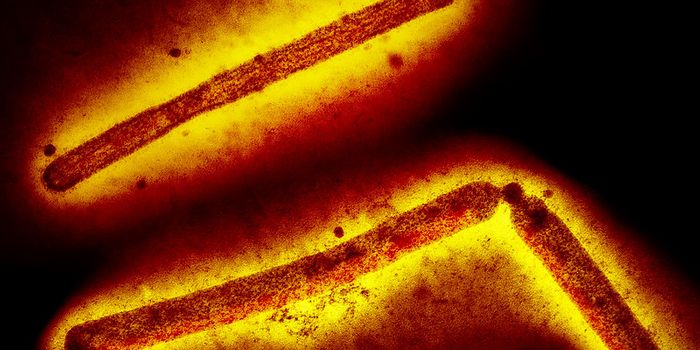Long COVID Has a Unique Blood Plasma Protein Signature
While some people who are infected with SARS-CoV-2, the virus that causes COVID-19, do not have any symptoms at all, and others recover within a few weeks, about ten to twenty percent of people will end up with long COVID, a chronic condition that scientists and doctors are still learning about. There are many symptoms of long COVID, which can vary considerably from one patient to another. Now scientists have identified proteins in blood plasma that could be used to learn more about long COVID, and how to diagnose it. The findings have been reported in the Journal of Translational Medicine.
People with long COVID may feel fatigue, breathing difficulties, or brain fog, for example, said Dr. Douglas Fraser, a professor at Schulich School of Medicine & Dentistry and physician at London Health Sciences Center (LHSC). "Their quality of life can be significantly altered, so anything that we can do to learn about this disorder and identify potential treatment targets is very important."
Cells release proteins into blood, some of which can be found in plasma and are known as the plasma proteome. Many of these proteins are related to the immune response to viral infections. These proteins seem to change in response to long COVID.
Identifying the proteins that are affected by long COVID can give researchers and clinicians insight into how the disease affects patients, and what mechanisms may underlie certain symptoms, said nephrologist Dr. Michael Nicholson, associate scientist at Lawson Health Research Institute (Lawson).
In this study, the researchers collected samples of blood plasma from patients with long COVID, and compared the plasma proteomes to those from patients with severe COVID, and healthy individuals.
With new techniques, over 3,000 blood plasma proteins from multiple patients were analyzed at once. "We used a novel bioinformatic pipeline, a form of artificial intelligence, to then analyze the proteins to determine the specific changes that occur in long COVID," said Cristiana Iosef, research analyst at Lawson's Children's Health Research Institute.
This work revealed unique plasma proteome patterns, which suggested that people who likely have long COVID are experiencing prolonged inflammation that is related to changes in their immune cells and blood vessels. Eventually, problems in specific organs such as the brain and heart arise because of those changes.
It may be possible to target these proteins as part of a therapeutic intervention, and the researchers are investigating that possibility.
"When we identify these signaling patterns within the blood plasma, we can then take the information and screen drug databases to better understand which drugs would be best to target the changes we identified in long COVID patients," said Fraser. "With this understanding, the identified drugs may be used in future long COVID clinical trials."
Sources: University of Western Ontario, Journal of Translational Medicine









